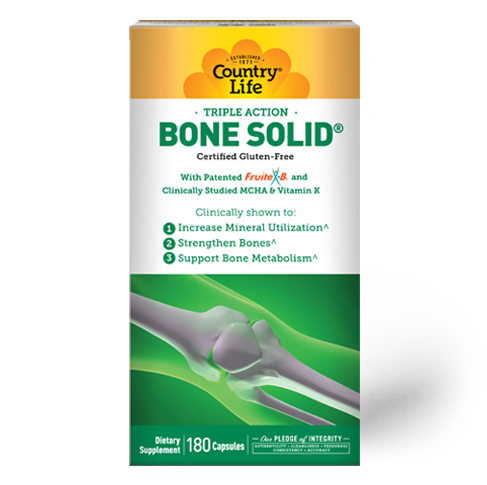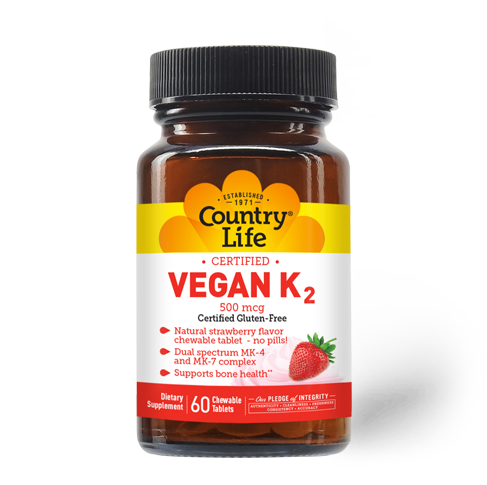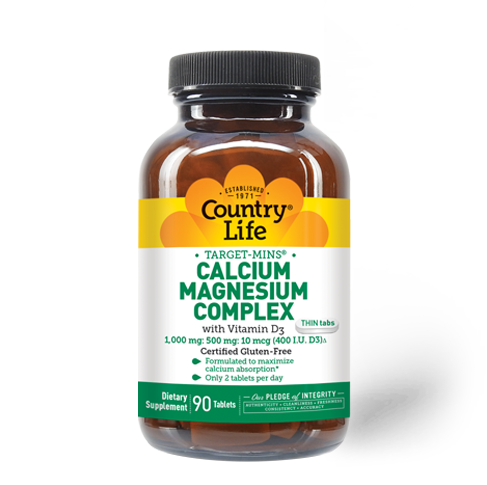
Dr. Audrey discusses how diet, exercise, and supplement routines can support peak bone mass during early adulthood and perhaps reduce the risk of Osteoporosis later in life by helping to reduce the rate of bone loss.
What Is Osteoporosis?
Osteoporosis is a bone disease that occurs when the body loses too much bone, makes too little bone, or both. Osteoporosis can result in bones becoming weak, breaking from a fall, or, in serious cases, from sneezing or minor bumps.
What Are The Warning Signs of Osteoporosis?
In the early stages of bone loss, there may be no noticeable symptoms. But see a doctor if any of the following occurs:
- Back pain, caused by a fractured or collapsed vertebra
- Loss of height over time
- A stooped posture
- A bone that breaks much more easily than expected
As a Young Adult, How Can I Reduce My Risk Of Osteoporosis?
Bone is living tissue that is constantly being broken down and replaced. But we reach our maximum bone density by about age 30 - which means that early life behaviors play an important role in maintaining strong bones as you age. Adequate calcium and Vitamin D as part of a healthy diet, along with physical activity all play a role in reducing the risk of Osteoporosis later in life.
Follow these healthy habits to help optimize peak bone mass from a young age:
- Get regular exercise - a sedentary lifestyle can heighten the risk of Osteoporosis. Stay moving and incorporate weight-bearing exercises into your daily routine.
- Avoid excessive alcohol & tobacco consumption - regular consumption of two or more drinks, and excessive tobacco use can increase the risk of Osteoporosis.
- Take in adequate amounts of calcium & vitamin D - maintaining the right levels of vitamin D can support your body’s ability to absorb calcium, and calcium supports bone health.
As an Older Adult, What Can I Do?
Knowledge is power. Here are some tips and tricks from Dr. Audrey on how to strengthen bones and help reduce the rate of bone loss later in life:
Load Up On Calcium-Rich Foods
Give yourself the benefit of the bone-supporting nutrient calcium, by following a diet rich in foods like:
- Seeds
- Cheese
- Yogurt
- Beans & Lentils
- Almonds
- Whey Protein
- Spinach, Kale & Collard Greens
- Milk
- Tofu & Edamame
Improve Your Exercise Routine
Get regular exercise like walking or jogging, and incorporate weights wherever possible. Whether it’s with a few water bottles or full strength training, weight-bearing exercises should be your top priority!
Get The Right Vitamins and Supplements
Here are some of the go-to bone-supporting Country Life Supplements that Dr. Audrey likes to share:
Calcium Magnesium Complex with Vitamin D
Formulated to maximize calcium absorption, the Country Life Calcium Magnesium Complex with Vitamin D3 supplement is the ultimate blend for bone health.*
Vitamin D3 Spray – Strawberry
This sugar-free Vitamin D3 Spray promotes immune system health, and helps the body maintain healthy bones and teeth!* Also available in a vegan formula!
Vegan K2 Chewable Tablets
This Vegan K2 Supplement is naturally flavored and includes K2 which aids in bone support. It’s chewable, delicious, and helps to support overall bone health!*
Bone Solid®
Country Life Bone Solid is a leading formula supporting bone strength and metabolism. It also contains microcrystalline hydroxyapatite - a form of bovine sourced calcium that can support bone health*.
Take care of your bones
With Dr. Audrey’s educational tips and tricks, and the full line of Country Life supplements, you can support your bone health safely and naturally.















Share:
Everything You Need to Know About Postbiotics
Everything You Need to Know About Postbiotics